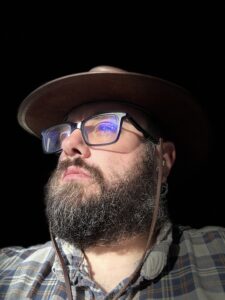Why Is Men’s Mental Health Overlooked?
The Invisible Crisis
Every year, thousands of men struggle silently with anxiety, depression, burnout, and emotional exhaustion—but far too many never seek help. In fact, men are statistically less likely to access mental health support, yet far more likely to die by suicide.
This isn’t just personal—it’s cultural. The question is: why?
Cultural Conditioning and Silence
From a young age, boys are taught to be strong, stoic, and self-sufficient. Phrases like “man up” or “don’t cry” reinforce the message that emotional expression is weakness. Over time, these beliefs create shame around vulnerability and lead to suppression of natural emotions like fear, sadness, or grief.
This cultural conditioning has consequences. Men may appear “fine” on the outside while internally battling emotional chaos they’ve never been taught to name, much less express.
Systems That Don’t Fit Men
Many mental health systems are not built with men’s emotional patterns in mind. Talk therapy can feel abstract or inaccessible to someone whose body holds tension or trauma. Men may also face longer waits for diagnosis—especially for conditions like ADHD, PTSD, or chronic stress—because they tend to externalise pain through anger or withdrawal rather than visible distress.
Until systems adapt to meet men where they are, many will continue to slip through the cracks.
Masculinity Without Isolation
It’s not masculinity that is the problem. It’s isolation. True strength includes the courage to be honest, the wisdom to seek help, and the maturity to express inner experience.
At Somatic Botanicals, we work to create safe spaces for men to reconnect to themselves and others through grounded therapeutic approaches—from The Men’s Circle to somatic bodywork and herbal support.
Three Ways We Can Change the Narrative
- 🔹 Normalise emotional honesty – Encourage men to speak without shame.
- 🔹 Create accessible support spaces – Spaces that don’t feel clinical or performative.
- 🔹 Challenge the strong-silent archetype – Replace it with authentic presence and connection.
Final Thought
Men’s mental health isn’t weak, niche, or secondary. It’s a critical piece of our collective wellbeing. And it starts with listening, witnessing, and supporting one another without judgement.



